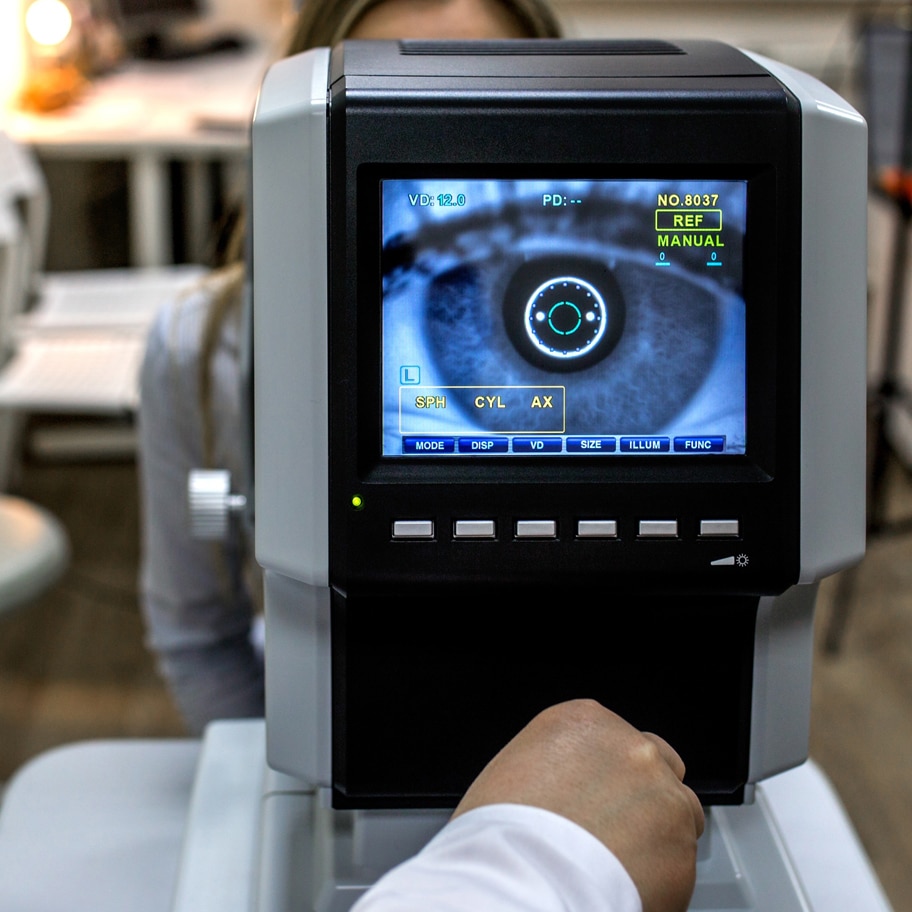Common Eye Injuries
An eye injury can not only affect the eyeball itself but also injure the surrounding area of the eye as well as tissue and bone structure and eye socket, including the ligaments that control eye movement. There are many forms of eye injury claims ranging from medical negligence to some form of accident, for example, an accident at work, on the road or in a public place. Eye injuries can have a serious impact on the injured person’s life, from not being able to carry out simple tasks to not having the ability to work.
Common eye injuries sustained have included:
- Superficial Eye Injuries – A superficial eye injury is considered a minor injury. But given that the area around the eye bruises very easily, they can appear to be much worse than they are.
- Fractures or Breaks of Facial Bones
- Chemical Burns
- Cuts or Lacerations
- Infections
- Scratches and Abrasions
- Radiation Burns
What are the Causes of Eye Injuries?
There are many situations in which an eye injury can happen. Any accident or act of negligence can lead to an injury to the eye. Here are some of the common situations and causes:
In the Workplace
Every employer is required to provide a safe environment for people to work in. Eye injuries can happen as a result of:
- Slip and fall at work
- Dangerous machinery
- Defective machinery
- Defective tools
- In cases where personal protective equipment and eye safety gear is not provided
- Unsafe working environment
- Poor lighting in work
- Inadequate training or lack of training
- Contact with hazardous chemicals
On the Road
As you can imagine, a road traffic accident can lead a multitude of injuries and the injuries sustained will depend on the nature of the accident, speed and your position in the car, also on whether or not you are wearing a seatbelt. Most common causes of road traffic accidents are:
- Speeding
- Driving under the influence of alcohol
- Driver fatigue (driving when tired)
- Failure to wear a seatbelt
- Failure to adhere to zebra crossing areas
- These accidents can happen in all forms of common transport from cars and taxis, to buses, lorries, motorcycles, bicycles and can also involve pedestrians using the footpaths.
In a Public Place
When accidents happen in a public place, such as a supermarket, shopping centre, restaurant, hotels or any other public location, they generally happen for the following reasons:
- Slip and fall on wet floors
- Objects falling from a height
- Obstructions in walkways leading to a trip and fall
- Uneven or broken pavements
- Injured on a business’ property due to hazardous conditions
- When walking through facilities where you can be hit by a flying object, such as golf courses.
As a Result of Medical Negligence*
Medical negligence claims for eye injuries are treated a little differently than other accidents. The Injuries Board does not assess these claims and a solicitor will be needed to bring the claim forward from the outset. Injuries to the eye in these cases can happen in the following scenarios:
- Eye-related Surgery
- Laser Eye Surgery
- LASIK Surgery
- Ophthalmology Negligence (Ophthalmology is a branch of medicine that focuses on the function, anatomy and diseases of the eye)
- Cataract Surgery
- Management and/or removal of a foreign body in the eye
- Corneal Abrasions
- Diabetic Retinopathy
Medical negligence occurs in these situations where the medical practitioner:
- Misdiagnoses a patient
- Fails to act on or notice an illness or medical need
- Fails to provide expected standard of care to the patient
- Performs an error during surgery
- Fails to interpret test results correctly
- Does not communicate risks to the patient before surgery
- Performs surgery without consent
- Performs surgery on the wrong part of the eye
- Does not administer the correct prescription of drugs

